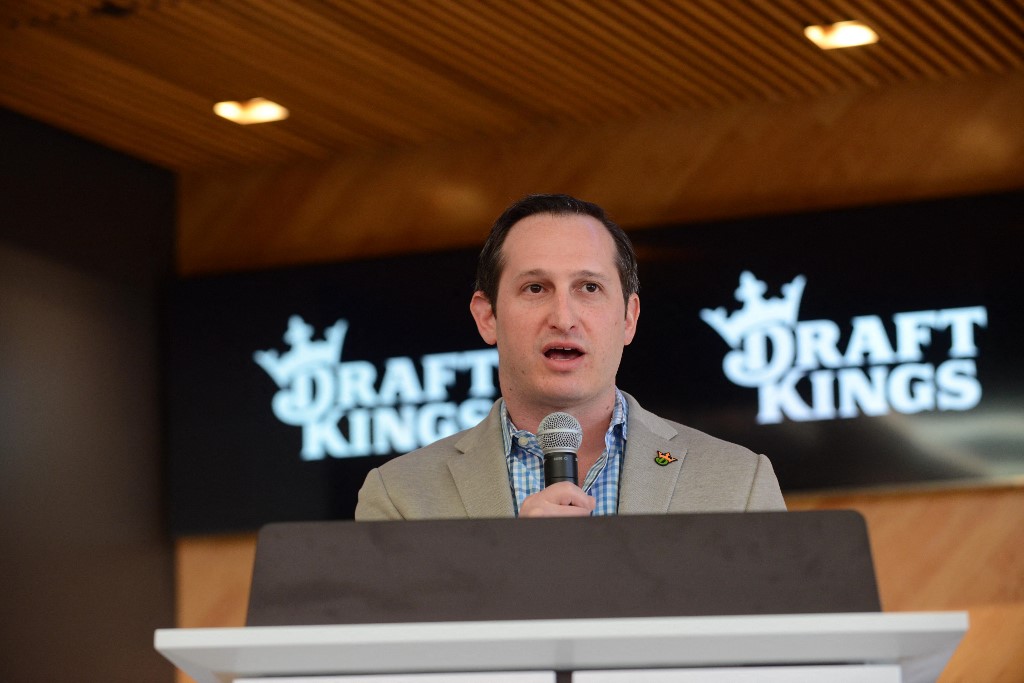Niche Opportunities Exist for Smaller Companies in Digital Sports Betting Industry, Says DraftKings CEO
-
 Bookmakers Review
Bookmakers Review
- December 7, 2024

DraftKings CEO Jason Robins spoke on a wide range of topics at the fourth annual Craig-Hallum Online Gaming Conference, including his opinion on smaller sports betting apps and their place in the industry.
Let’s delve deeper into his statement and see what it reveals about the overall situation of the top-rated sportsbooks.
Room at the Table
There has been increasing consolidation in the mobile sports betting industry, as companies like Betway, Sports Illustrated and Unibet have pulled up stakes in the US market while Wynn and SuperBook have shuttered operations in all jurisdictions except their home state of Nevada.
Those are just some examples of the shrinking number of competitors in the US sports betting industry, and some fear that decreased competition will lead to FanDuel and DraftKings having an even greater stranglehold on the industry.
It is estimated the two industry powerhouses control 77% of the market while the rest of the sports betting platforms battle for the remainder. The next tier down consists of BetMGM, Caesars, Fanatics and ESPN Bet (owned by Penn Entertainment). After that are mainly smaller, regional sports betting apps that are looking for the scraps to survive.
Interestingly enough, the man who heads one of the two industry leaders, DraftKings CEO Jason Robins, believes there is room for smaller, niche market brands, and he shared his opinion on that topic and many others at a virtual gaming conference earlier this week.
Survival of the Smartest
Robins doesn’t believe any of the tier-two competitors will challenge either DraftKings or FanDuel any time soon.
“We’ve seen now multiple waves of competitors. No one has been able yet to make a dent in the top two of the market. So, I don’t think that it’s likely that you’re going to see that,” Robins said. “And it seems like most investors, even though they ask about it, get it; it used to be, now it feels like a check-the-box question versus a real question of how are eight different companies going to have 10% to 20% share. But we also don’t take anything for granted.”
Robins believes that as the sports betting industry expands its footprint and grows its customer base, there will be enough money for the smaller apps to survive and slowly gain traction.
“At some point, companies will say, ‘Look, this is where I’m at,’ and I think the smart ones will realize that if they are going to gain share, you have to do it over time,” he said.
Emphasis on Technology
As DraftKings and FanDuel solidified their iron grip on the industry, their promotional expenses have plummeted. The early adopters have already adopted, and promos and bonuses are no longer as essential in a mature market. And this is one of the reasons why DraftKings had its first profitable quarter and anticipates bigger and better times ahead.
According to Robins, one of the major advances DraftKings made was integrating its technology and improving its product. “Initially, we were behind on product and technology, and it wasn’t until we acquired SB Tech and ultimately put a lot of work into it over the last several years that we felt like we were in a premier place in the market in terms of product and technology capabilities.”










